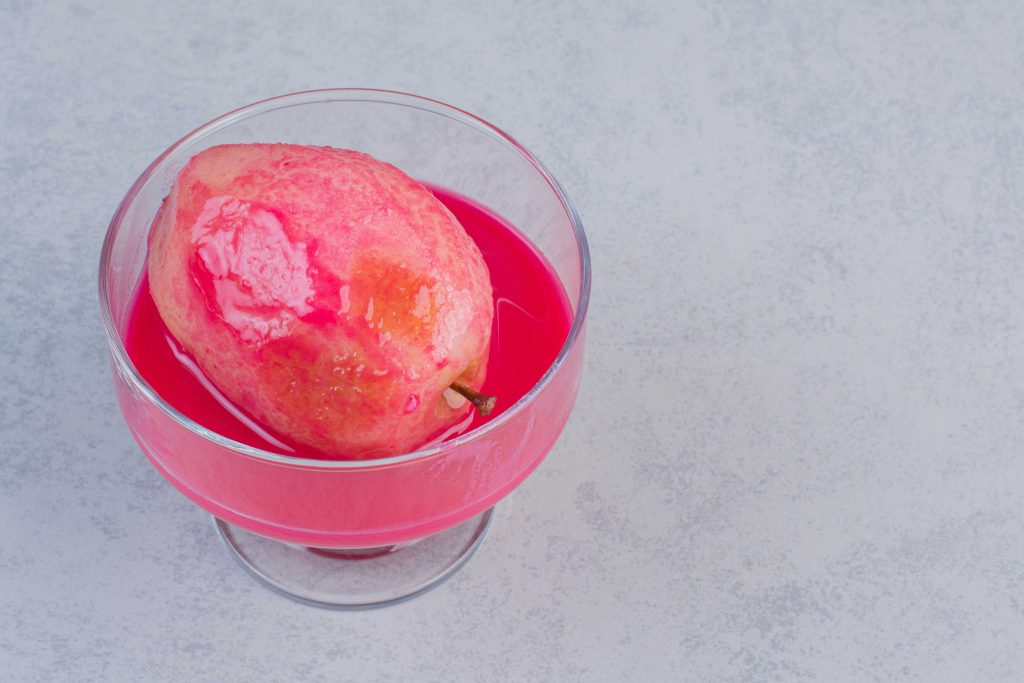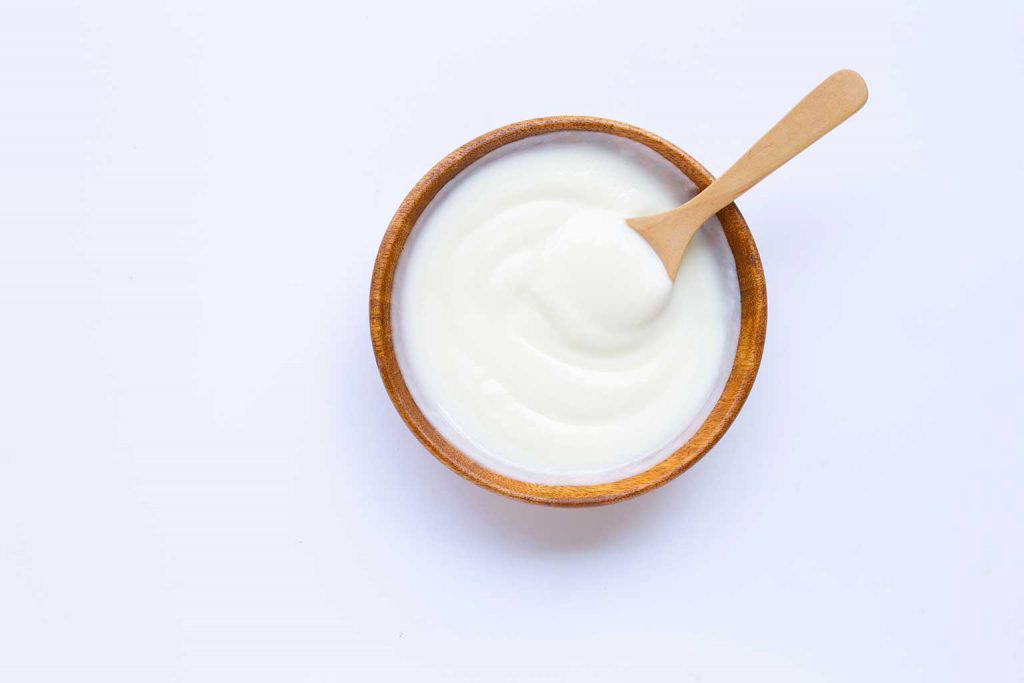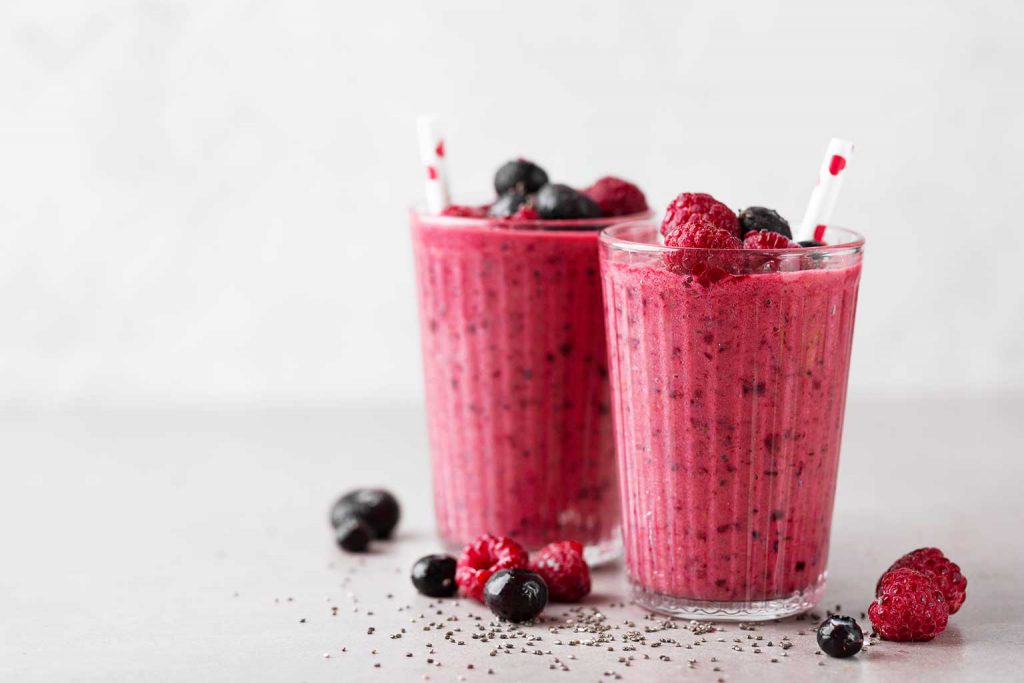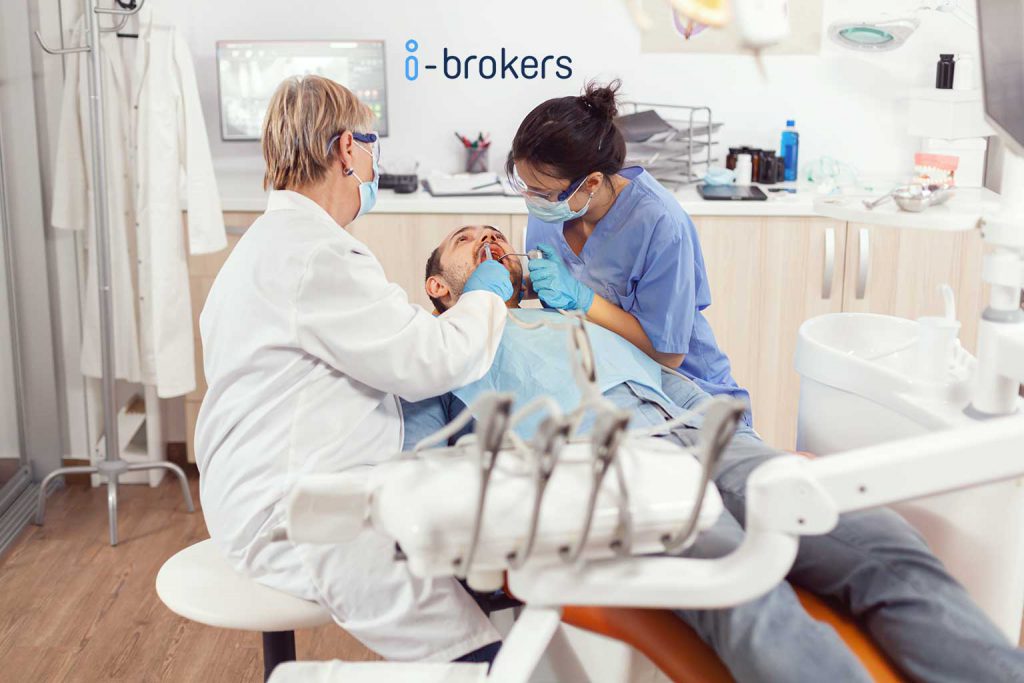Wisdom teeth are also alternatively called third molars. They grow at the back of your gums and are typically the last teeth to emerge.
The majority of people have four wisdom teeth, one in each back corner of their mouth. But because there’s little space at the back of your mouth, your wisdom teeth may develop at odd angles or only partly emerge. These are called impacted wisdom teeth.
In according with Cochrane.org, impacted wisdom teeth can cause a variety of problems. They may get infected, damage neighboring teeth, cause crowding or start to decay because they’re hard to clean.
To address these concerns, people often get their wisdom teeth removed. However, wisdom teeth don’t need to be removed unless they cause problems.
After you’ve had your wisdom teeth removed, it’s very important to ensure you’re getting the right nutrition. A nutritious diet minimizes the risk of complications, helps reduce swelling, provides nourishment, and aids the wound healing process.
The foods you eat after surgery should be soft and easy to chew. They should also have lots of vitamins, minerals, energy, and protein to assist wound healing.
In this blog post, we are going to share with you 11 foods you should eat following your wisdom teeth removal.
Table of contents
1. Applesauce
Apples are hard and crunchy, which isn’t ideal after having your wisdom teeth removed. Eating applesauce is one way to increase your fruit intake while avoiding irritation.
However, applesauce is usually made from puréed apples, which are typically skinless and cored and this reduces their nutritional content. This is because the skin contains many vitamins, minerals, and fiber.
Nevertheless, a skinless apple is a good source of vitamins like vitamin C. This vitamin may help boost the immune system, which in turn may aid the wound healing process

2. Avocado
Avocados are a unique fruit. While most fruits are high in carbs, avocados are low in carbs but high in healthy fats.
Their smooth, creamy texture makes them great for eating when you’re recovering from having your wisdom teeth taken out.
Avocados are very nutritious and a rich source of vitamin K, vitamin C, and potassium
One study in animals found that avocados may speed up the wound healing process. Although this research doesn’t indicate whether avocados speed wound healing in humans, the findings are promising.
While avocados are usually easy to eat, it may be easiest to consume whipped or mashed avocado during your recovery.
3. Banana ice cream
People often recommend eating ice cream when you’re recovering from wisdom tooth surgery. While the coldness may have a soothing effect on the wound, regular ice cream is typically high in sugar and fat.
Banana ice cream is a healthy and delicious homemade alternative to regular ice cream.
How to Make Banana Ice Cream
Ingredients
• 3–4 bananas, peeled
• a splash of milk (or almond or oat milk if you’d like a dairy-free alternative)
Directions
3.1. Place bananas in the freezer for 3–4 hours or overnight.
3.2 Cut frozen bananas into slices.
3.3 Place frozen bananas into a blender and add milk.
3.4 Blend until mixture has a thick, smooth consistency and enjoy.
4. Blended soups
Blended soups, like tomato or pumpkin soup, are great to eat after you’ve had your wisdom teeth removed. They’re easy to consume and don’t contain bits that could irritate the area of surgery.
In addition, soups are generally rich in vitamins and minerals. This helps ensure you meet the daily nutrition recommendations when you can’t eat many whole fruits or vegetables.
Blended soups can also keep you hydrated, which is very important after surgery.
It’s wise to ensure your soups are either lukewarm or cold, because hot soups can cause irritation. Also, make sure to blend vegetable-based soups as smooth as possible to avoid chunks.
5. Broths
Like soups, broths are an excellent source of nourishment after dental surgery.
Not only are they delicious, they also contain a variety of vitamins and minerals. Moreover, broths are a great way to stay hydrated if you struggle to drink enough water.
Bone broth is a type of broth touted for its health benefits. It’s a nutritious stock made by simmering animal bones and connective tissue.
Although there are no direct studies on the health effects of bone broth, studies on the components of bone broth suggest it may have anti-inflammatory benefits.
Make sure to consume the broth either lukewarm or cold to avoid irritating the wound.
6. Cottage cheese
Cottage cheese is low in calories and packed with vitamins and minerals. It’s soft and creamy, which makes it easy to chew and swallow as you’re recovering from wisdom tooth surgery.
Additionally, cottage cheese is packed with protein, which may aid wound recovery.
Cottage cheese is also easy to incorporate into your diet. Try adding it to scrambled eggs or into your smoothies.

7. Greek yogurt
Greek yogurt is a nutritious high-protein food you can enjoy after dental surgery. It has a smooth and creamy texture that may help soothe and numb your mouth.
Greek yogurt is rich in protein, vitamins, and minerals such as calcium and zinc.
High-protein foods may aid the recovery process. In fact, several studies have linked a low-protein diet to a slower recovery.
In addition, studies show that an adequate zinc intake may promote wound healing.
However, if your zinc status is already good, consuming additional zinc may provide no added benefits. That said, many zinc-rich foods such as steak and other meats are difficult to consume after dental surgery, so Greek yogurt can be a great alternative.
8. Mashed bananas
Bananas are among the most popular fruits in the world. Their soft texture makes them easy to chew and swallow after dental surgery.
What’s more, bananas are incredibly nutritious and provide a wide variety of vitamins and minerals, such as potassium, vitamin B6, manganese, and folate.
Mashing bananas can further soften their texture to reduce the risk of discomfort.
9. Mashed sweet or regular potatoes
Potatoes are a root vegetable that can be prepared in many ways. Specifically, mashed potatoes can be a comforting food after you’ve had your wisdom teeth removed.
They’re rich in calories and nutrients, both important for recovery. This is because people have slightly higher energy requirements after having surgery.
Mashed potatoes allow you to consume lots of nutrients and energy in just a few bites, which is great if you’re struggling to eat enough food.
Just make sure that your mashed potatoes are lukewarm or cold, as hot foods may irritate the wound.
10. Scrambled eggs
Eggs are among the best foods to eat after having your wisdom teeth out. They’re a source of high quality protein rich in vitamins and minerals.
When it comes to buying eggs, try to find pasteurized or omega-3-enriched varieties. Omega-3 fats may aid wound healing.
Scrambled eggs can be easier to chew and swallow, compared with other egg preparations.

11. Smoothies
Smoothies are a great way to boost your nutrition when you can’t eat a solid meal.
They’re easy to consume and highly versatile. You can adjust the ingredients in smoothies to suit your tastes and meet your nutrition goals.
For example, smoothies with Greek yogurt or a scoop of protein powder can boost your protein intake significantly, which is important for recovery. Studies have shown that a low protein intake may impair the recovery process.
Try adding some fruit and vegetables into the blender alongside your choice of protein. It’s best to use fruit that’s seedless, so you may want to avoid things like strawberries and blackberries.
Foods to avoid after having your wisdom teeth removed
The following foods can be harmful when healing from a wisdom tooth removal:
• seeds, which can get stuck in the wound and may cause infection
• peppercorns and other spices with coarse remnants
• spicy foods
• chips and popcorn
• other foods that require a lot of chewing
Acidic foods can also irritate removal sites and slow healing.
One study suggests that the pH level of the wound, which indicates its acidity or alkalinity, may affect healing.
However, the study looked at chronic wounds lasting several months. The wound caused by a wisdom tooth removal is not usually chronic and heals more quickly.
Avoiding acidic foods will more likely help with comfort during eating, rather than the ability to heal. Also, avoid drinking with a straw, because the suction can cause a painful condition called dry socket.
It is advisable that you stock the home with liquids and soft foods before a wisdom tooth removal. Eating a healthful diet will improve recovery.
If no complications arise, the tooth socket will heal completely. If complications do arise, contact the doctor or dentist who performed the removal for a follow-up appointment.


